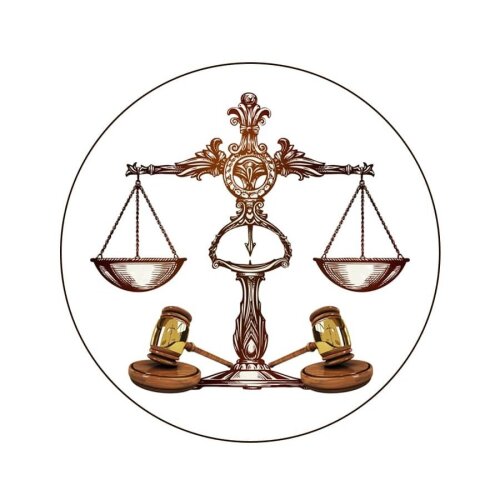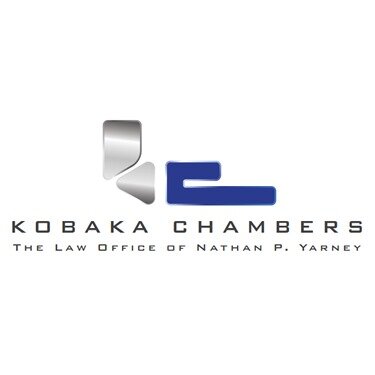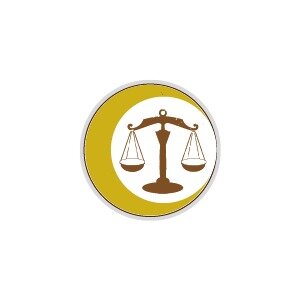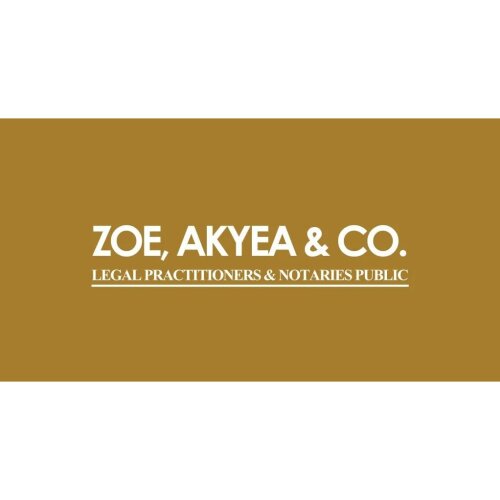Best Child Visitation Lawyers in Accra
Share your needs with us, get contacted by law firms.
Free. Takes 2 min.
Free Guide to Hiring a Family Lawyer
List of the best lawyers in Accra, Ghana
About Child Visitation Law in Accra, Ghana
Child visitation in Accra, Ghana refers to the right of a non-custodial parent to spend time with their child. This is a crucial aspect of family law that aims to ensure the well-being and best interests of the child. It is essential for parents to understand their rights and responsibilities in terms of visitation arrangements to maintain a healthy relationship with their child.
Why You May Need a Lawyer
There are various situations where individuals may require legal assistance in child visitation matters. Some common reasons include disputes over visitation schedules, disagreements on parental rights, enforcement of visitation orders, or modifications to existing visitation agreements. A lawyer can provide guidance, representation, and legal support to navigate through these complex issues and ensure the best outcome for all parties involved.
Local Laws Overview
In Accra, Ghana, child visitation laws are governed by the Children's Act of 2003, which prioritizes the best interests of the child in all matters concerning their welfare. The Act emphasizes the importance of maintaining a child's relationship with both parents and promotes equal parental rights in visitation arrangements. Visitation schedules are typically determined based on factors such as the child's age, parental involvement, and the child's preferences, if applicable.
Frequently Asked Questions
1. Can grandparents also seek visitation rights in Accra, Ghana?
Grandparents can petition for visitation rights in Accra, Ghana, if it is in the best interests of the child. The court will consider factors such as the relationship between the grandparent and the child, the child's welfare, and the parent's wishes.
2. How can I enforce a visitation order if the other parent is not compliant?
If the other parent is not complying with a visitation order, you can seek legal assistance to file a motion for enforcement with the court. The court may take actions such as modifying visitation schedules, imposing fines, or requiring the non-compliant parent to attend counseling.
3. Can visitation agreements be modified in Accra, Ghana?
Yes, visitation agreements can be modified in Accra, Ghana if there is a significant change in circumstances that warrants a revision. It is advisable to consult with a lawyer to navigate the legal process of modifying visitation arrangements.
4. What factors are considered when determining visitation schedules?
Factors such as the child's age, parental involvement, the child's preferences, the parent's work schedules, and the proximity of the parents' residences are considered when determining visitation schedules in Accra, Ghana.
5. How can I request supervised visitation in Accra, Ghana?
If there are concerns about the child's safety during visitation, you can request supervised visitation through the court. A judge will evaluate the circumstances and determine if supervised visitation is necessary to ensure the child's well-being.
6. Is mediation required before going to court for visitation disputes?
Mediation is not mandatory for visitation disputes in Accra, Ghana, but it can be a helpful alternative to resolve conflicts amicably. A lawyer can guide you through the mediation process and represent your interests during negotiations.
7. Can a parent be denied visitation rights in Accra, Ghana?
A parent can be denied visitation rights in Accra, Ghana if it is deemed not in the best interests of the child due to factors such as abuse, neglect, or endangerment. The court will prioritize the child's welfare when making decisions about visitation rights.
8. How can I prove that visitation is in the best interests of the child?
You can demonstrate that visitation is in the best interests of the child by providing evidence such as the parent-child relationship, the child's emotional well-being, the parent's involvement in the child's life, and any other relevant factors that support maintaining visitation arrangements.
9. What rights do non-custodial parents have in terms of visitation?
Non-custodial parents have the right to reasonable visitation with their child, as long as it is in the child's best interests. This includes regular, scheduled visitation time to maintain a meaningful relationship with the child.
10. Can visitation rights be terminated in Accra, Ghana?
Visitation rights can be terminated in Accra, Ghana if it is determined that visitation is not in the best interests of the child due to reasons such as abuse, neglect, or endangerment. The court will carefully consider the circumstances before making a decision to terminate visitation rights.
Additional Resources
For additional resources and support related to child visitation in Accra, Ghana, you can contact the Department of Social Welfare, the Accra High Court Family Division, or local family law attorneys who specialize in child visitation matters. These resources can provide valuable assistance and guidance in navigating through visitation issues.
Next Steps
If you require legal assistance or guidance in child visitation matters in Accra, Ghana, it is advisable to consult with a qualified family law attorney who can provide personalized advice and representation. A lawyer can help you understand your rights, navigate the legal process, and work towards a favorable resolution for all parties involved. Contact a legal professional today to discuss your child visitation concerns and explore the best course of action for your specific situation.
Lawzana helps you find the best lawyers and law firms in Accra through a curated and pre-screened list of qualified legal professionals. Our platform offers rankings and detailed profiles of attorneys and law firms, allowing you to compare based on practice areas, including Child Visitation, experience, and client feedback.
Each profile includes a description of the firm's areas of practice, client reviews, team members and partners, year of establishment, spoken languages, office locations, contact information, social media presence, and any published articles or resources. Most firms on our platform speak English and are experienced in both local and international legal matters.
Get a quote from top-rated law firms in Accra, Ghana — quickly, securely, and without unnecessary hassle.
Disclaimer:
The information provided on this page is for general informational purposes only and does not constitute legal advice. While we strive to ensure the accuracy and relevance of the content, legal information may change over time, and interpretations of the law can vary. You should always consult with a qualified legal professional for advice specific to your situation.
We disclaim all liability for actions taken or not taken based on the content of this page. If you believe any information is incorrect or outdated, please contact us, and we will review and update it where appropriate.

















